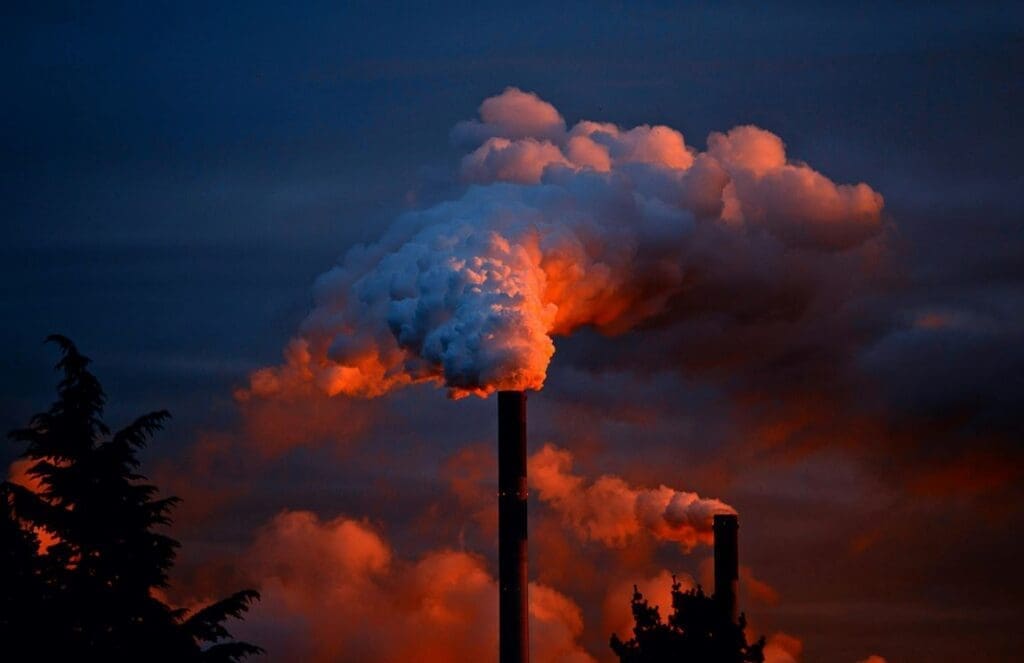Summary:
A new Comment in Nature Climate Change argues that the relationship between the Intergovernmental Panel on Climate Change (IPCC) and the United Nations Framework Convention on Climate Change (UNFCCC) must be reformed to better support global climate policy. Authors Svante Bodin and Örjan Gustafsson of the Bolin Centre for Climate Research, Stockholm University, point out that the current structural divide between the two bodies – one focused on scientific assessment, the other on policymaking – weakens the science–policy link. They propose reforms to increase alignment, responsiveness, and communication, ensuring scientific knowledge can more directly inform UNFCCC negotiations.

Strengthening climate action: Experts propose major reforms for the IPCC–UNFCCC relationship

The authors of the paper argue that the current structural divide between the intergovernmental bodies IPCC and UNFCCC – one focused on scientific assessment and the other on global climate policymaking – is hindering timely and effective climate action.
The report outlines how the misalignment in timing, relevance, and communication between the IPCC’s scientific outputs and the UNFCCC’s policy needs limits the global response to the climate crisis.
The paper identifies systemic inefficiencies resulting from the absence of timely, policy-responsive scientific input into the UNFCCC negotiation process.
The authors assert that despite the IPCC’s globally respected assessments, the lack of synchronization with the annual UNFCCC policy cycle and insufficient mechanisms for scientific uptake have constrained informed decision-making.
“Climate policy must be grounded in scientifically rigorous and immediately relevant information. Our proposals aim to strengthen the institutional interface while preserving the independence and integrity of both entities,” says Örjan Gustafsson, professor of biogeochemistry at the Department of Environmental Science and the Bolin Centre for Climate Research, Stockholm University.

“Between the two of us, we have spent a career each at the forefronts of climate science and climate policy, each noting the dysfunctional and ineffective relationship between the IPCC and the UNFCCC and wondering why nothing has happened over the decades to resolve and remedy the gaps and communication deficiencies,” says Svante Bodin, affiliated with the Bolin Centre for Climate Research and former head of Sweden’s delegations to IPCC, UNFCCC and other international agreements.
Taking inspiration from more successful multilateral environmental agreements – such as the UN-ECE’s Convention on Long-Range Transboundary Air Pollution and the Montreal Protocol – the authors recommend a series of reforms designed to increase responsiveness, improve communication channels, and tailor scientific outputs to pressing policy needs.
These include:
- Regular evaluations of UNFCCC’s evolving policy demands, formally conveyed to the IPCC;
- Direct UNFCCC involvement in IPCC scoping processes through structured consultation mechanisms;
- More frequent, thematically focused IPCC reporting aligned with negotiation timelines and subjects;
- The establishment of a scientific advisory body within the UNFCCC to facilitate assessment uptake.
The authors urge immediate action from governments to align their IPCC and UNFCCC policies and highlight that these reforms can be implemented without altering the legal foundations of either entity.
“This is not about merging institutions – it is unlocking their combined potential,” according to Örjan Gustafsson and Svante Bodin.
Journal Reference:
Bodin, S., Gustafsson, Ö., ‘Improving the IPCC–UNFCCC relationship for effective provision of policy-relevant science’, Nature Climate Change (2025). DOI: 10.1038/s41558-025-02412-z
Article Source:
Press Release/Material by Stockholm University
Featured image credit: Enrique | Pixabay




